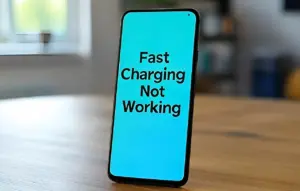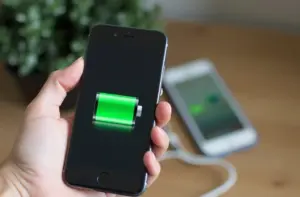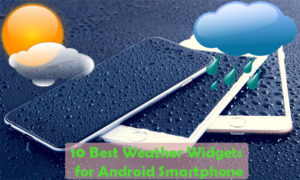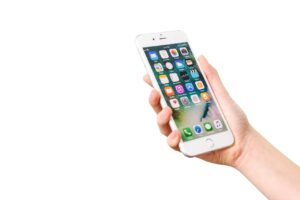Remember those giant cell phones that barely fit in a briefcase? Those are ancient history now! The last 30 years have been a wild ride in technology. We’ve gone from clunky phones to super-powered devices that fit right in your pocket. It’s like comparing a flip phone to a mini computer – we can talk, text, take pictures, browse the web, all on the same gadget! This amazing change has totally transformed how we connect with each other and the world around us.
Evolution of Charging Technology
As more and more people started using mobile phones, we really needed better ways to charge them. In this article, we’re going to explore evolution of charging technology & how charging technology has changed over time. We’ll talk about three big improvements that have completely changed how we charge our phones.
Solar Power
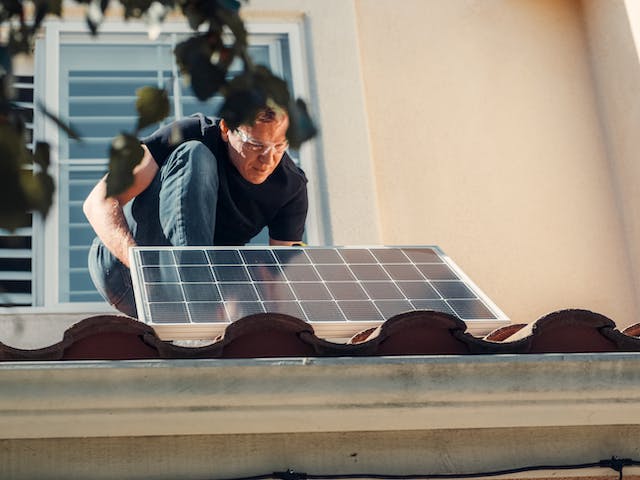
1.1 Using the Sun’s Power
Who would’ve thought we could use the sun to charge our phones? It might sound like something out of a sci-fi movie, but it’s real. Portable solar stations let you charge your phone even in the middle of nowhere. And then there are solar-powered cases that work even on cloudy days. It’s like having a bit of sunshine in your pocket!
1.2 Solar-Paneled Charging Cases
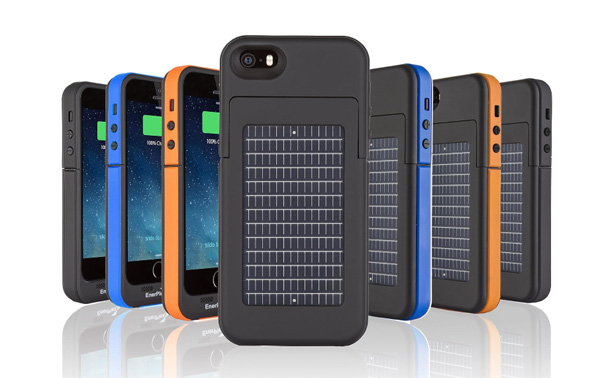
Imagine having a phone case with solar panels. These panels can charge your phone, and they don’t even need direct sunlight. Even on a cloudy day, they work their magic. It’s like having a little power plant for your phone.
Wireless Charging
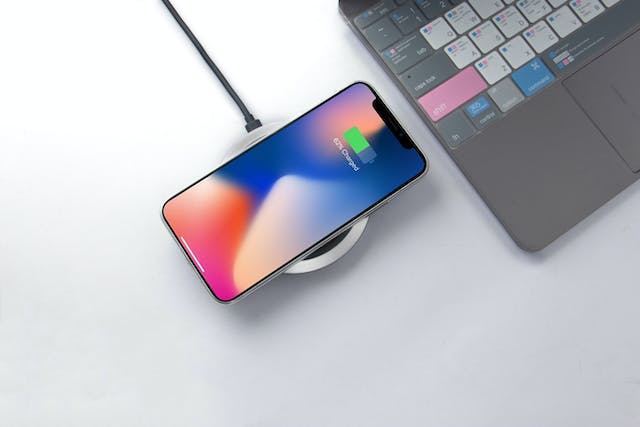
2.1 The Wire-Free Wonder
Wireless charging was a game-changer. Charging without any wires? It seemed like magic. Now, it’s not just in chargers but also in tables, kitchen counters, and even cars. Imagine your phone charging while it sits on your table — that’s the world we’re living in.
2.2 Integration into Everyday Surfaces
Imagine charging your phone without even thinking about it. That’s the promise of wireless charging integrated into tables, kitchen counters, and cars. We’re living in a time where the fear of running out of battery is becoming obsolete, thanks to the ever-expanding array of charging opportunities.
Fast Charging
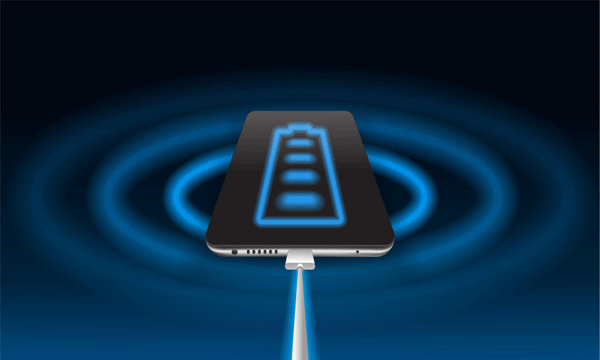
3.1 From Overnight to Instant
While not as flashy as solar power or wireless charging, the convenience of fast charging cannot be overstated. Remember the days when charging your phone took the entire night? Fast charging has changed the game, reducing charging times from hours to a matter of minutes. A few minutes plugged in can now significantly boost your device’s battery life.
3.2 A Lifesaver in Real Scenarios
It might lack the sci-fi allure, but fast charging has been a lifesaver in practical situations. The ability to top up your phone’s battery quickly has become a standard feature, saving us from the anxiety of a drained battery at crucial moments.
The Future of Charging Technology
With so much progress in the last 30 years, predicting the future of charging technology seems like peering into the unknown. We’ve come from overnight charging to harnessing solar power, charging without wires, and experiencing the convenience of fast charging. The reality is almost surreal.
We don’t know what’s next, but it’s exciting to think about. The technology we use to charge our phones is getting better all the time.
Conclusion
In the past 30 years, charging our phones has gotten way cooler! We used to have simple chargers, but now we can use sunlight, magic wireless pads, and super-speedy chargers. And there’s even more to come in the future!
When you purchase through links on our site, we may earn an affiliate commission. Read our Affiliate Policy.

